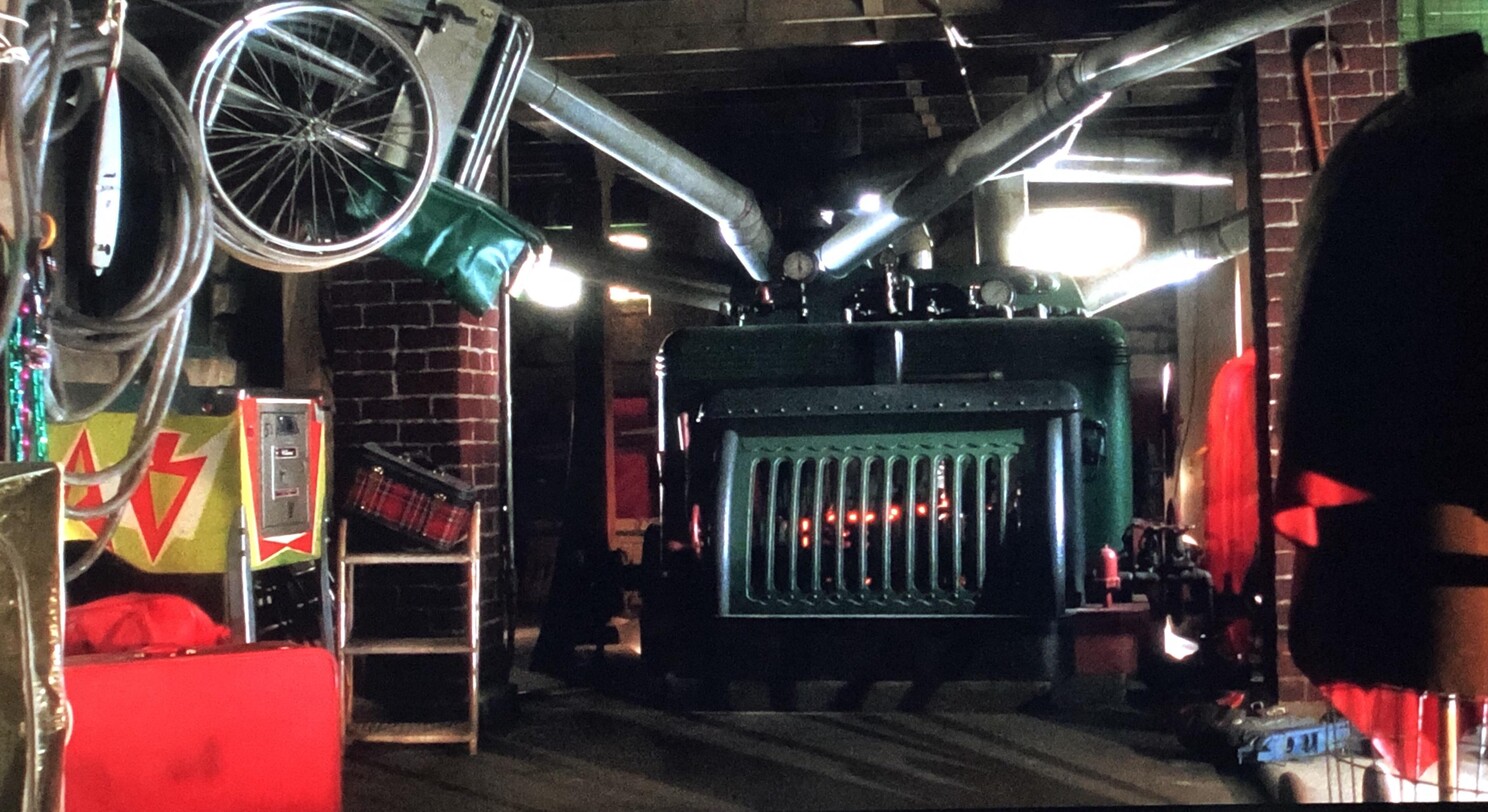When we at Velocity Insight get started with a client on an implementation project, we almost always find that it turns into a Data Quality project eventually.
And while I love a perfectly clean dataset, it’s crucial to remember: Clean Your Kitchens, Not Your Basements.
Kitchens
My wife and I are celebrating our 15th anniversary next month, and if I have only one tip for marital bliss, it’s to keep the kitchen counters clean. In our house, the kitchen counter is so much more than a food prep space: we admire Kindergarten art projects, open the mail, charge remote control cars, pack lunches, and a million other things. It’s the highest-traffic part of our house BY FAR, and nothing hurts our household efficiency (or leads to a fight) like it being a mess.

Mr. Clean, cleaning things.
Most oil & gas companies have an analogously high-traffic zone or two in their data. For most companies, I’d argue that the data equivalent to the kitchen counter is your well list. Almost all of the useful data in an E&P is gathered, managed, and interpreted based on the relationship to wells (or cost centers). So, if you want to integrate datasets between The Big Six, your team will have to get those systems to share primary keys.
There are certainly other datasets that could qualify for Kitchen Counter Status – account codes, vendors, well pads, etc. The key here is to think about data quality from an ROI perspective – does your organization rely on that dataset for high-value decisions on a daily basis? Are those decisions at risk if you’re data is dirty? If so, get out the All-Purpose Spray and start scrubbing.
Basements
On the flip side, the basement in our house is a hot mess. Guests rarely go down there. The closets are filled with Christmas decorations, abandoned hobby supplies (hi there, beer brewing equipment!), and spare ski jackets for when the Texas relatives come to town. I once replaced the comforters in the spare bedroom, and it took my spouse six months to notice.
It’s dusty, dark, and I suspect there are spiders down there, but I NEVER wake up in the morning and think “man, I really need to clean the basement today.” And thus it sits at the edge of chaos, yet never really bothering anyone.

I never noticed the pinball machine in the Home Alone basement before.
Your company has a bunch of data that fits into Basement Status. This is the data that you don’t touch regularly – it effectively sits in cold storage, often for years without being thought about. Some of it may never once be touched in the life of an asset, and is really only needed in the case of emergency. Imagine the warranty paperwork for rotating machinery, the results of a severance tax audit from 5 years ago, or a PVT fluid properties report from an old well in a non-core area.
What’s the likelihood that data will make you money? What would be the purpose of cleaning and organizing it? What are the consequences of just leaving it be?
Working on data quality problems isn’t always going to feel rewarding. At VI, we almost never get hired to clean up someone’s well list, but once that Kitchen Counter dataset is more reliable (even sanitary!), you start unlocking tons of value. On the Basement side, if your team invests months of work into cleaning up a dataset only to put it back into cold storage, how did that help the business?
The bottom line is that people get worn out on cleaning projects, so be sure to spend your time on stuff that is most likely to pay out. If you choose your efforts wisely, it might even help you stay married for another 15 years!


